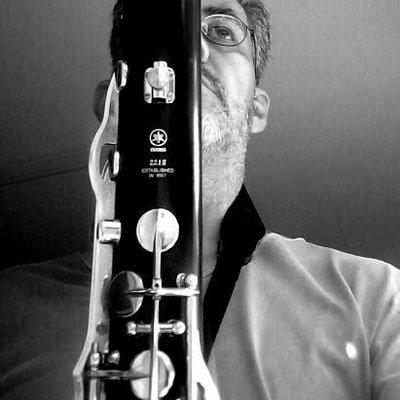- cross-posted to:
- [email protected]
- [email protected]
- cross-posted to:
- [email protected]
- [email protected]
Sometimes I dream of towns where cars (+ noisy scooters and moto) would be banned 🍵
Try walking on calm streets when no cars are around, it feels very liberating.
Or maybe don’t if you live in the USA.
Ban them in the busiest parts of cities and just rely on public transit (buses and streetcars), bikes, and walking.
When I recently visited Amsterdam I was wondering why they have so many parked parks in the canal district. Another friend rented a car and we beat them anywhere in the canal district by walking.
They also have amazing bike infrastructure and trams. Seems like a good candidate for this type of idea.
Maybe one day in our collective dreams…
In some places they only allow morning deliveries, then for most of the day cars are banned. This means shops can still easily stock up while keeping the area free of traffic when people are out and about.
Another strategy is not allowing through-traffic by installing modal filters. Which means you’re only gonna drive in there if you actually need to go there. Basically the cul-de-sac idea from suburbia but without the sprawl that pulls everything apart and without restricting bikes and pedestrians to the same convoluted labyrinth.
deleted by creator
Nobody is criticizing architecture of buildings, but there is no way “every street is a masterpiece of planning”. The only reason it could ever be considered as good is because they managed to direct traffic at all with how many cars there are. They wouldn’t have to spend so much money and expert civil engineering of roads if there weren’t so many cars to deal with in the first place. Being so good at managing car traffic is not actually a positive. It’s just a less worse negative.
People in cities aren’t going to be happy because of cars and road traffic management. If this claim is true at all it would be because people like being near people. There are social things to do where people gather. Personally, I am much happier on the outskirts of a city to get farther away from the chaos, but close enough to go there if I want.
Ideally there would be no cars in a city other than emergency vehicles and anyone going to a city with a car has to park outside of it and then take public transport inside of it.
deleted by creator
All necessary vehicles can be accommodated in pedestrianised areas when needed, as they already are in many places around the world.
Car infrastructure comes with many extra external costs, such as increased heathcare costs due to pollution, increased travel due to the extra space needed between everything, etc
Individual transport is great when it respects the world around it. A bike doesn’t need so many resources, nor does it take up so much space or cause harm to those around it.
Autonomous electric vehicles don’t go far enough with fixing the existing problems. Sharing helps but you still don’t need to take all that mass along with you on your commute, and there isn’t space to have everyone else in a city doing the same every morning.
deleted by creator
It’s cheap because it’s subsidised. Car users don’t pay all of the costs. And it’s popular because places are designed for it to be the most convenient option. When you design places that aren’t for driving, people will use other modes.
deleted by creator
because it is relatively cheap.
It is not. Car infrastructure is some of the most expensive there is. It’s cheap because it’s heavily subsidized. It’s popular because car manufacturers made it popular, with propaganda and lobbying for making cars the default form of transportation.
If your opinion is the obviously correct one where driving is the only thing accomodated for, why does the actual data show that the model for walkable cities with good transit have happier, healthier, more comfortable people, and are economically stronger than car dependent cities?
deleted by creator
deleted by creator
They are replying to you and the other person is OP.
How about responding to the stats?
@UserDoesNotExist @Untonplusbas This is what happens when you reply to a lemmy thread, from twitter.
There doesn’t need to be as much road in cities if it is reserved for public transport and emergency vehicles only. Rail and subway are not the only form of public transport, but rail and subways being expensive doesn’t mean that it doesn’t make for a better city. Anything to reduce the noise and reclaim more land for public use such as walking and biking is a huge improvement to peoples well being in cities. As many non-american cities have discovered by doing just that.
And as this article explains why people are happier in cities it has nothing to do with cars.
Individual car transport in cities absolutely needs to be given up if there is to be any kind of improvement. Individual cars are the cause of all the congestion, noise, pollution and need for so much road space. You can fit the same amount of people in 1/10th the space using public transport such as in-road rail or busses or anything.
Autonomous vehicles? Don’t make me laugh. This nonsense is never going to work. Sounds to me like you are drinking the Musk koolaid. The only viable use-case for automation of individual vehicles is going to be large semi-trucks on the interstates where you can actually standardized infrastructure and have as little as possible obstacles. Even then I doubt this will happen any time soon.
deleted by creator





